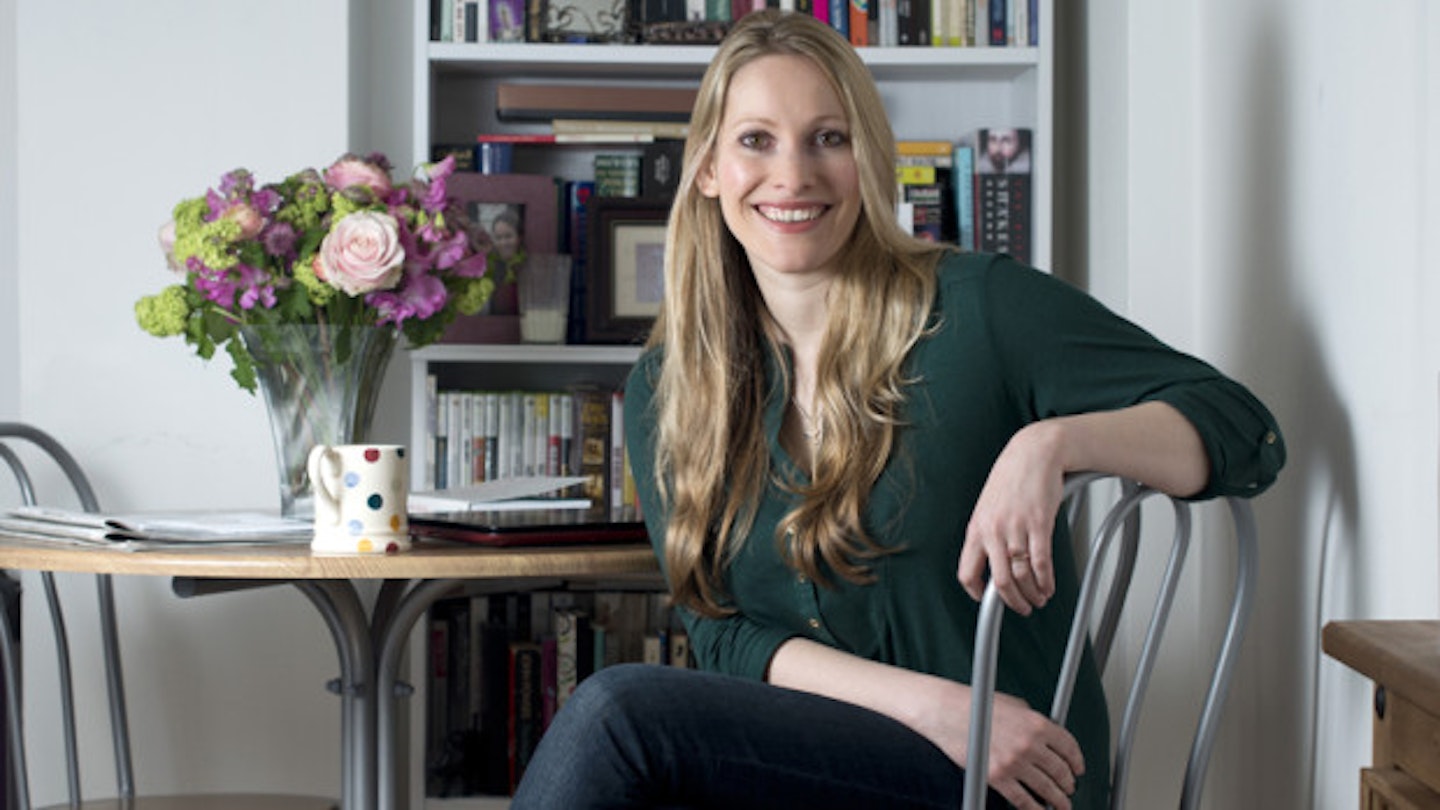Laura Bates, the woman behind the brilliant and important Everyday Sexism website, has called for politicians to re-think sex education ahead of the 2015 election.
Speaking at Hay-on-Wye festival, where she was later met with a standing ovation, she said: ‘We could start looking at issues around gender equality and equality of aspiration and possibility from a really young age. Then, when children are having sex and relationships education, it ought to go hand in hand with what consent is, what they’re protected from under the law in terms of sexual assault, what domestic violence looks like and what’s a healthy relationship.’
Earlier this year, Laura, along with Mumsnet and* The Telegraph*, unsuccessfully lobbied parliament earlier this year in an attempt to amend sex education legislation because what she saw in schools was so poor. ‘Right now there’s none of that,’ she continued at Hay. ‘Sex education should go beyond the bare mechanics: What is rape? What is porn? What is consent? There is some really basic principled stuff that needs to come into the classroom. There's a long way to go, but it's a very important question to be asking ahead of the election.'
And, having a dig around the sex education curriculum, we can sort of see what it’s missing.
-
It’s up to parents whether their children get sex education. They can pull them out of classes if they feel like it.
-
There’s an acknowledgement that sex education should focus as much on boys as girls, it’s more about boys being ‘too embarrassed to ask questions about relationships or sex’ rather than the fact that their expectations might be skewed by the proliferation porn, which Laura describes as 'very misogynistic and about humiliating and debrading women', which in turn results in 74 per cent of young people thinking porn affects men's expectations of women.
-
There is not one mention of the word ‘porn’ in the 33-page document, despite 60 per cent of young people claiming to be under 14 when they first watched porn.
-
There is not one mention of the words ‘social media’ in the 33-page document, despite it being the most obvious way young people can make their own porn.
-
This point on sexual orientation states: ‘There should be no direct promotion of sexual orientation.’ See, last thing we knew, it wasn’t only LGBT people who were of an ‘orientation’, everyone has an orientation. If you don’t get how mucked up that is, replace ‘orientation’ with ‘ethnicity’.
-
There are two mentions of the word ‘internet’. Both are in relation to schools making sure that children cannot access ‘unsuitable materials on the Internet’. Just FYI, one third of children aged 11-14 have accessed porn on a mobile phone or tablet device.
-
One of the main goals of sex education is ‘Learning the value of family life, marriage, and stable and loving relationships for the nurture of children'. Which basically means there’s a bias towards procreation. Which sounds very sweet, but does sort of seem kind of faraway for children – well, we'd hope it's far away. What about talking about sex for pleasure? After all, that's why most people – including young people – do it, after all.
-
There are two types of schools which don’t have to offer sex education at all: Academies and free schools are allowed to determine their own curriculums, so can completely avoid teaching sex education if governors or teachers feel like it. Both of these are rising in numbers. There were 15 times as many academies in 2014 as there were in 2010, while the number of free schools doubled in the year after their introduction.
With the pervasiveness of the sexism that Laura – and the people submitting stories on her site – experience daily and these horrifying stats on how sexism ends up being ingrained in our culture, surely the government will have to start reconsidering the way children are taught about sex and sexual relationships in school.
Follow Sophie on Twitter @sophwilkinson
Picture: Rex
This article originally appeared on The Debrief.
